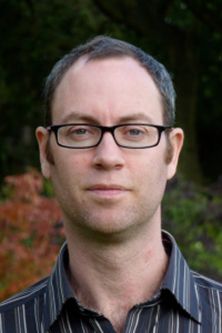On Tuesday November 18th the Music Department, together with the City University Careers Service, hosted a music careers evening with visiting speakers from different areas of employment, including a number of our own City music alumni.
The evening started with Laura Chiplin who graduated from City in 2009 and is now a Centre Manager at the Barbican Centre. Laura talked about the kinds of experiences and skills she built up whilst an undergraduate student that prepared her for the workplace, including managing a band and taking every opportunity to get involved in organising events. She also talked about her day to day duties in her job as well as informing students about the various internships currently offered by the Barbican.
Following this, Dr Jim Harrison from the Latymer School talked about careers in school music teaching: from the practicalities of gaining initial experience and applying for teaching courses, through to information on day to day life as a secondary school music teacher. He was accompanied by Connaugh Clarke (graduated City BMus 2012) who is currently studying for a PGCE at the Institute of Education and is undertaking teaching practice at Latymer School. Connaugh talked about his experience of the PGCE course and teaching practice so far.
The next speaker was Grace Watts from the British Association of Music Therapy who introduced the broad area of Music Therapy as well as giving information on which institutions offer Music Therapy training, and the kind of work involved in being a Music Therapist.
Sophie Ransby – another City graduate who is in charge of the gamelan education programme at the South Bank Centre – then spoke about how she had become involved in gamelan education and the kinds of skills and experiences that had been useful in gaining her current position.
The final speaker was Luke Shrewsbury, who graduated from City in 2009 after which he took an MA in Sound Design at the National Film and Television School. Luke now works as a sound designer. He talked about his transition from university to workplace and the kinds of projects that he now works on.
The evening rounded off with a general Q&A session, chaired by Alexander Lingas.
The event was attended by about 40 people including undergraduate, MA and research students.

